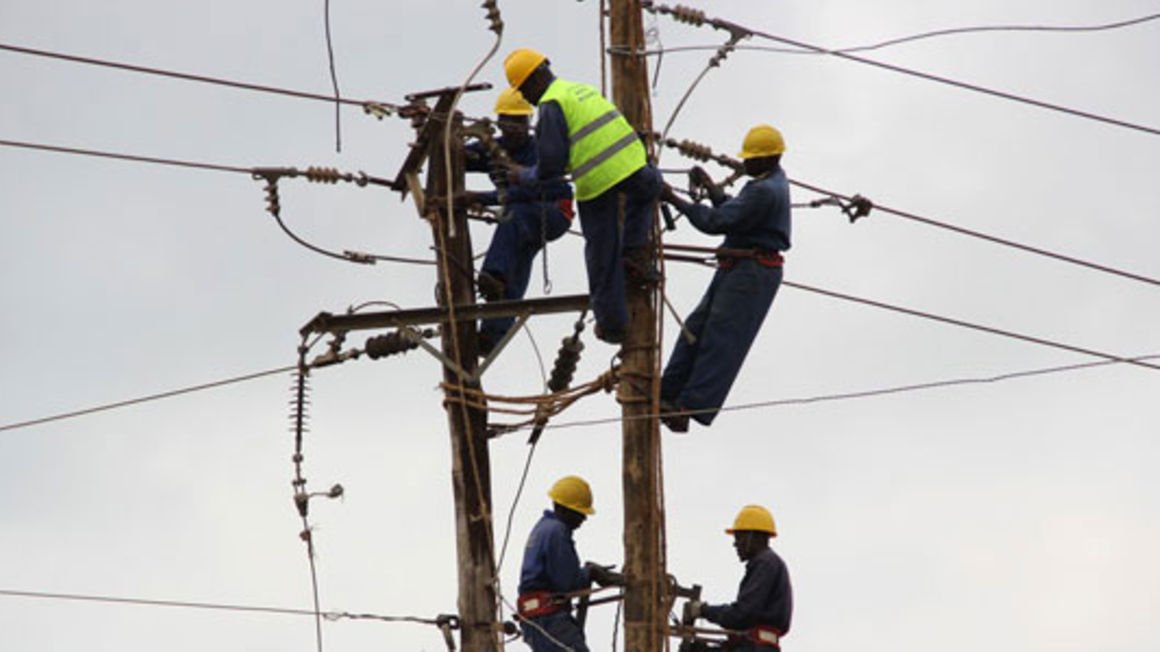Technicians repair power lines. FILE PHOTO | NMG Out of the eight independent directors on the board of the electricity utility, Kenya Power, five are women. They have been sitting on the board of the financially troubled firm for just over eight months.
Thus, in terms of expanding gender representation on boards of listed companies, Kenya Power has done fairly well.
KCB Kenya, with a total of five women out of 11, also ranks well in terms of gender representation on this key policy-making body within companies.
In the case of Kenya Power, even the chair of the board is occupied by a woman: the long-serving CEO of the East Africa Development Bank and one-time director of the Central Bank of Kenya(CBK), Vivenne Yeda.
The rest of the women on that board are Elizabeth Rogo, Caroline Kittony–Waiyaki, Beatrice Gathirwa, and Imelda Bore.
As I look at these trends in gender composition of boards, the results of a study on the phenomenon known as the ‘glass cliff’ published in an article I recently read in the Harvard Business Review quickly came to my mind.
According to that study, women offer better leadership during a crisis. Conducted by researchers from a leading leadership development consultancy, the study found that given a chance to prove themselves in a serious position — when they are handling something which is broken and where the chances of failures are high — women tend to excel.
The study also found that women leaders in the corporate world tend to be leaders who are able to pivot and learn new skills, who will emphasise employee development even when times are bad — and will display sensitivity and understanding to stress, anxiety and frustration which workers go through during crises.
Which brings me back to the financial straits in which Kenya Power finds itself and the challenges facing the board and management. The company made a massive loss of Sh 7.1 billion last year. Finance costs have ballooned, working capital is in the negative and debt to equity ratios have trended towards the unsustainable. Can Ms Yeda and her women- dominant team perform better at managing the crisis at Kenya Power?
It remains to be seen. But from the observations she made while addressing her first annual general meeting as chairman of the company, the impression I get was that Ms Yeda is not the type of corporate leader who will be content with playing the role […]
